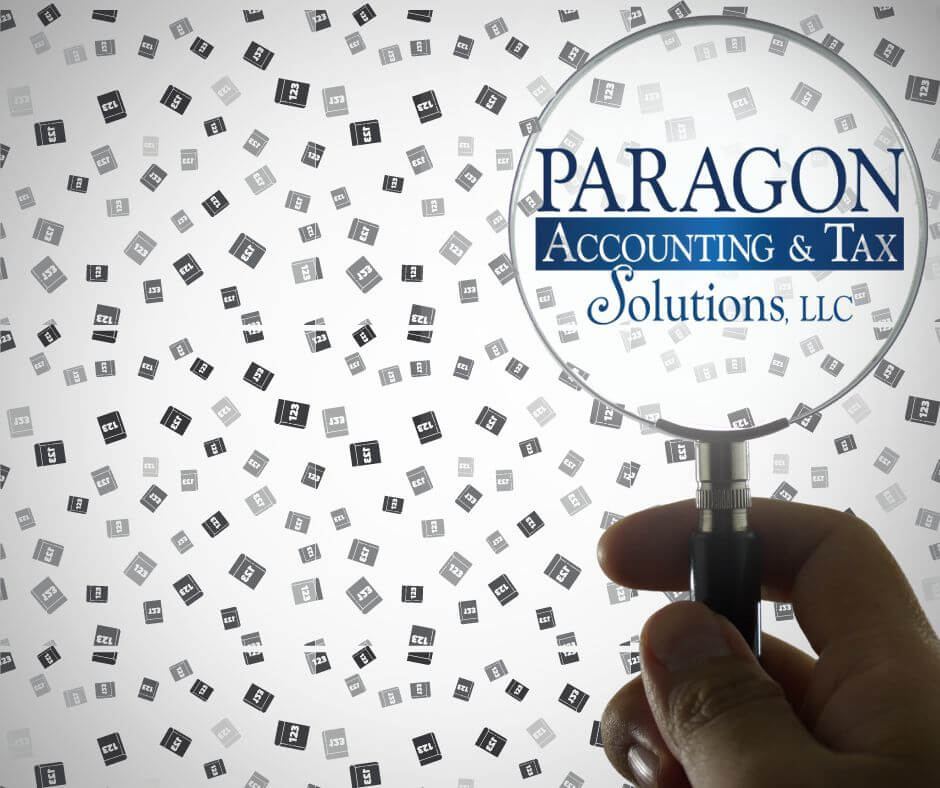Fake It ‘Til You Make It

Here in America, were world champs at “fake it ‘til you make it.” Just look at Anna Delvey (Inventing Anna), Representative George Santos (if that’s really his name), Elizabeth Holmes (scheduled to report to prison by April 27), or Sam Bankman-Fried (cooling his heels under house arrest while he waits to get sent to a place where nobody plays League of Legends). We’ve been conning ourselves since Christopher Columbus sailed from Spain to India in 1492. If faking it ‘til you make it were a state, it would have the fourth-biggest economy in the country, falling between Florida and Illinois.
Except, of course, when it comes to taxes. Millions of Americans who are living in mortgaged houses, driving leased BMWs, carrying fake Louis Vuitton bags, and throwing their vacations on credit cards would rather die than show their neighbors the numbers they’re sending the IRS this time of year. Americans spend billions of hours and billions of dollars on tax preparation every year, and it’s fair to say that very little of that money and effort goes toward making their numbers bigger. Maybe you want to buy more house than you should, and you need to show more than you’re really taking home. That may not be defrauding the IRS, exactly, if it doesn’t cost them anything. (It’s still filing a false return, but it’s hard to see the IRS taking the time or effort to prosecute anyone for it.) But when you start missing mortgage payments, don’t be surprised if the bank takes a closer look.
There’s a new social movement calling for pay transparency that argues that we would all be better off if we knew how much our neighbors made. Several states have passed laws requiring employers to include pay ranges in job postings. Those laws make the hiring process easier because it eliminates applicants who might back out at the last minute when they learn the pay range isn’t enough. This has led to some companies even taking the radical step of publicizing everyone’s pay, from the CEO on down. Can you imagine the episode of The Office where Michael accidentally leaves everyone’s W-2 in the copier?
But that could never work with taxes—or would it?
One hundred years ago, Congress thought making tax bills public would help fight cheating. “Secrecy is of the greatest aid to corruption,” said Nebraska Senator Robert Howell. And so, for 1923 and 1924, tax payments were public records. Newspapers raced to report exactly how much various robber barons paid, including John D. Rockefeller (over $7 million in 1923), J.P. Morgan ($98,643.47), and Charles Schwab ($29,494.38). Not everyone liked sharing quite that much information, though, and when President Coolidge took office, he shut it down on the reasoning that publicizing taxpayers’ addresses made them more vulnerable to scammers. (If Andrew Jackson was known as “Old Hickory,” Calvin Coolidge should have been nicknamed “Old Buzzkill.”)
There are more egalitarian countries—most notably Finland—that currently publicize tax bills. It’s hard to argue, though, that transparency would drive anyone who’s just faking it to report more honestly or try to appear more patriotic than they already are or aren’t.
I’ll leave you with two questions this week. First, is it good news or bad news that “fake it ‘til you make it” culture won’t extend to Form 1040? And second, if wasting money on taxes you don’t need to pay is bad, is spending money you don’t need to spend in order to impress people you may not even know any better? Call me to see if we can help you pay less—and thank you for listening to my TED talk!
